
Yang Yuliang, dean of Fudan University, observed in 2010 that "If a school education is narrowly focused on imparting knowledge, to the neglect of cultivation of moral principles, the more knowledgeable the graduates, the more dangerous they are."
Yang's words echo what Sima Guang (1019-1086) observed at the beginning of his masterpiece, "The Comprehensive Mirror for Aids in Government." Sima Guang suggested that experts not guided by a moral compass are worse, and more dangerous, than immoral but ignorant people.
Moral correctness
There are good reasons why more emphasis should be on moral correctness than expertise in our education, but in many spheres of our life, "red before expert" has long been understood as a hallmark of an ossified view of socialism incompatible with the market credo.
No truely conscientious educator today can pretend not to be alarmed by how our education system tends to be judged and justified by its usefulness.
Anything that leads to higher scores, better employment, or studies overseas is believed to be an asset, and everything else is fast being marginalized or becoming obsolete.
Student competition used to be cutthroat in the years immediately before the college admission test. But now the spectre of examinations loom at each step in our education system, from kindergarten onwards.
From very early on, teachers have learned to divide their students on the basis of their scores: a select few good students, the middling multitudes, and the bad, with the latter legitimate objects for humiliating remarks.
 |  |
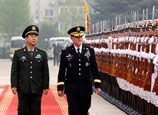


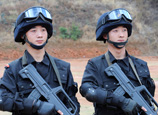


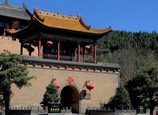
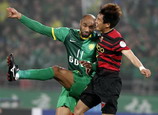
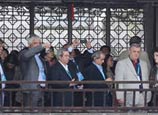
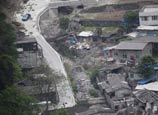






 Local villagers climb mountains to get relief supplies
Local villagers climb mountains to get relief supplies


![]()
